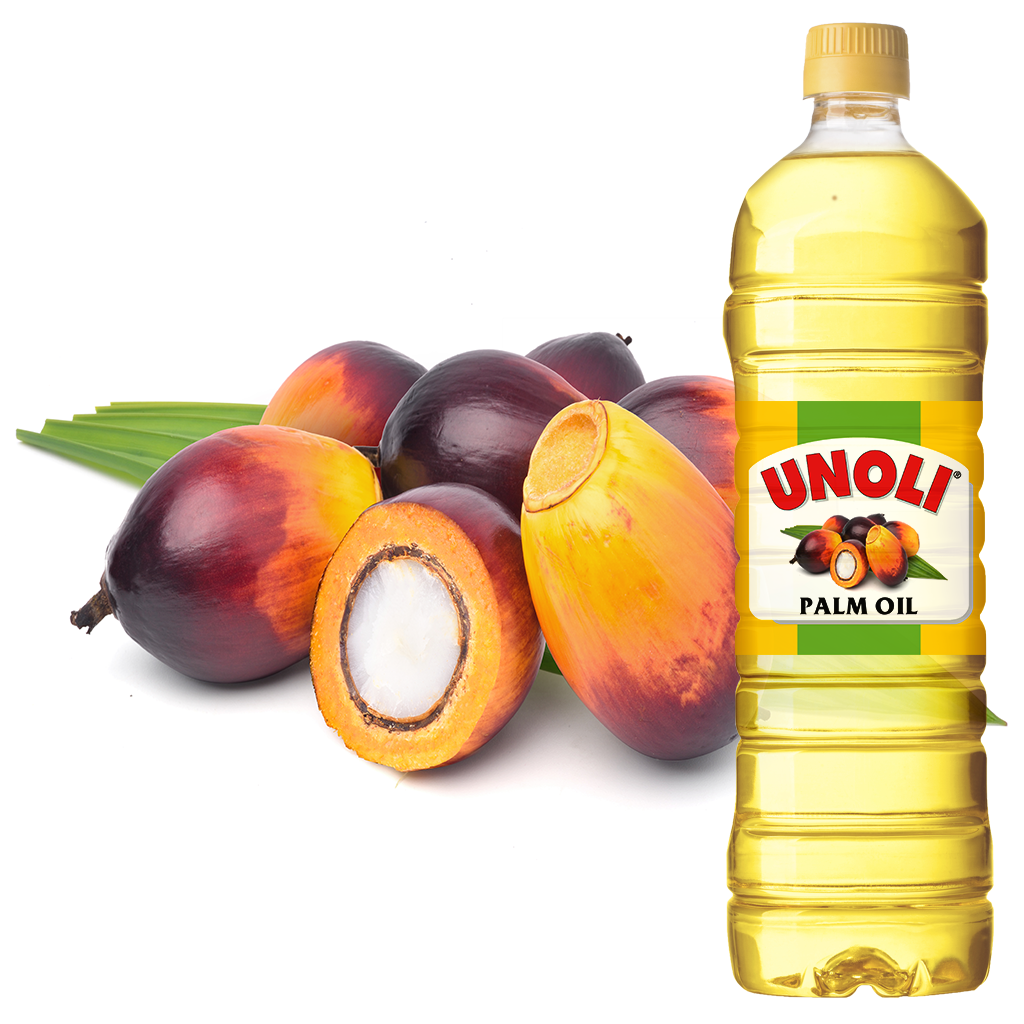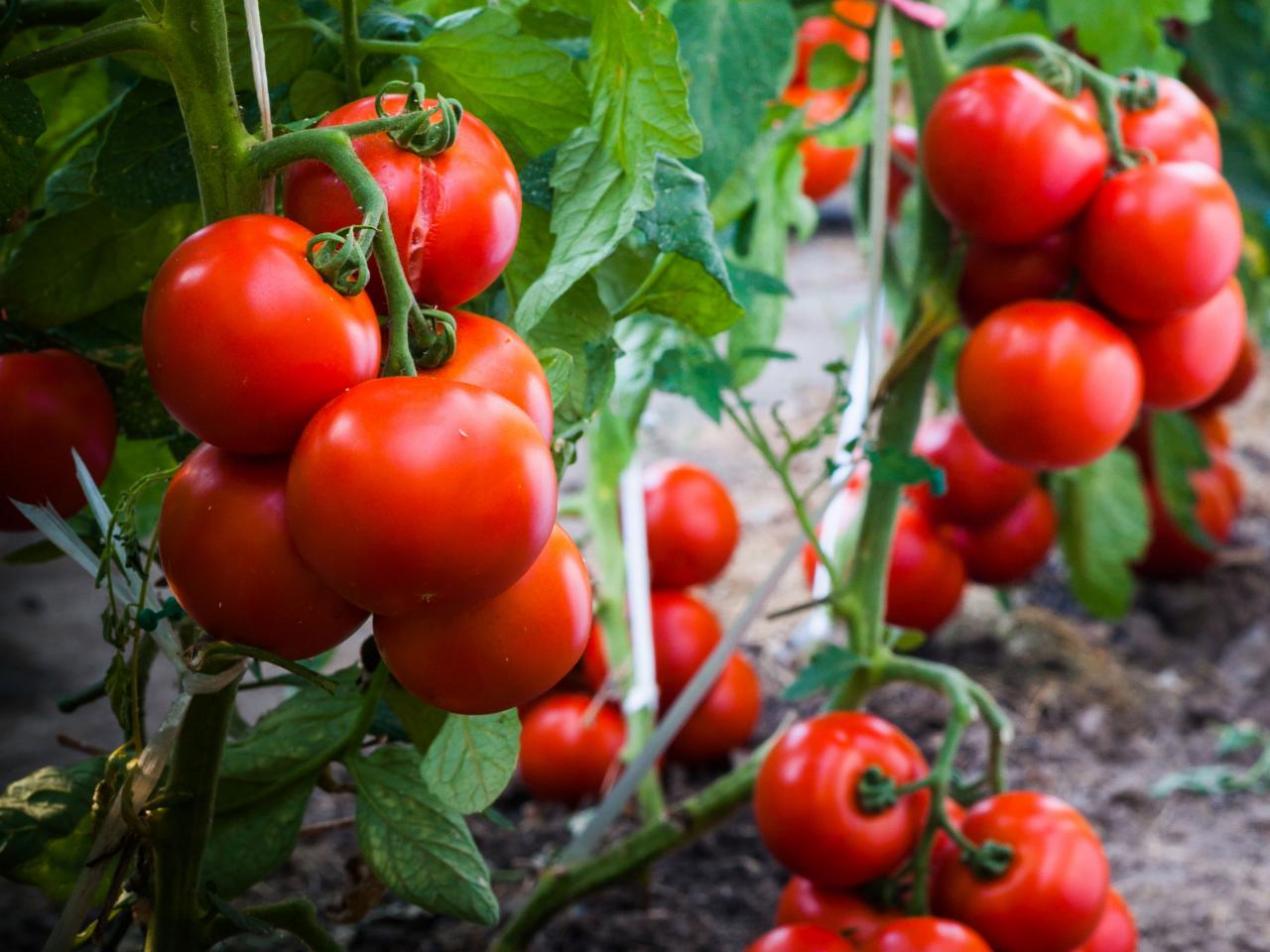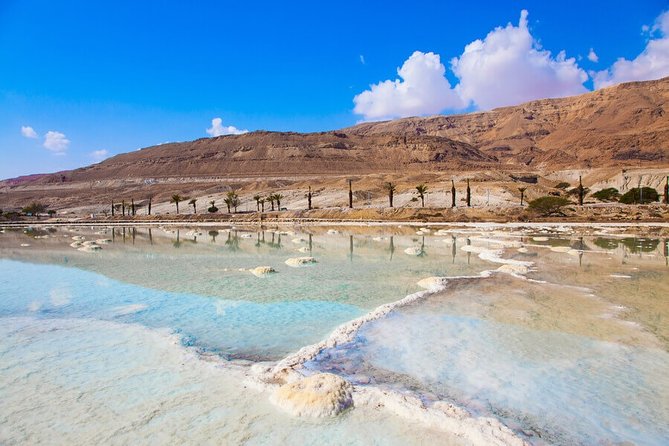GIẢI CHI TIẾT VÀ DỊCH HOÀN THIỆN ĐỀ THI IELTS READING:
Palm oil
A
Palm oil is an edible oil derived from the fruit of the African oil palm tree, and is currently the most consumed vegetable oil in the world. It’s almost certainly in the soap we wash with in the morning, the sandwich we have for lunch, and the biscuits we snack on during the day. Why is palm oil so attractive for manufacturers? Primarily because its unique properties – such as remaining solid at room temperature – make it an ideal ingredient for long-term preservation, allowing many packaged foods on supermarket shelves to have ‘best before’ dates of months, even years, into the future.
Dầu cọ là một loại dầu ăn được lấy từ quả của cây cọ dầu ở châu Phi, và hiện tại nó là loại dầu thực vậy được tiêu thụ nhiều nhất trên thế giới. Nó hầu như chắc chắn có trong xà phòng mà chúng ta rửa mỗi sáng, trong bánh mì sandwich mà chúng ta ăn trưa và trong bánh quy mà chúng ta ăn nhẹ trong cả ngày. Tại sao dầu cọ lại quá hấp dẫn đối với các nhà sản xuất? Chủ yếu là vì những tính chất đặc biệt của nó như vẫn cô đặc ở nhiệt độ phòng - khiến cho nó trở thành thành phần lý tưởng cho việc bảo quản lâu dài, cho phép nhiều thực phẩm đóng gói trên các kệ siêu thị có thời hạn sử dụng hàng tháng thậm chí hàng năm trong tương lai. ( Trong các bao bì hay dưới đáy hộp thức ăn nhà sản xuất thường ghi " Best before Dec 2022)
B
Many farmers have seized the opportunity to maximise the planting of oil palm trees. Between 1990 and 2012, the global land area devoted to growing oil palm trees grew from 6 to 17 million hectares, now accounting for around ten percent of total cropland in the entire world. From a mere two million tonnes of palm oil being produced annually globally 50 years ago, there are now around 60 million tonnes produced every single year, a figure looking likely to double or even triple by the middle of the century.
Nhiều nông dân đã chớp lấy cơ hội phát huy tối đa việc trồng cây dầu cọ. Khoảng giữa 1990 và 2012, diện tích đất toàn cầu dành cho việc trồng cây dầu cọ tăng từ 6-17 triệu héc ta, hiện nay chiếm khoảng 10% tổng diện tích đất trồng cây trên toàn thế giới. Từ chỉ 20 triệu tấn dầu cọ được sản xuất hàng năm trên toàn cầu 50 năm trước, hiện nay có khoảng 60 triệu tấn được sản xuất mỗi năm, một con số trong có thể tăng gấp đôi hay thậm chí gấp ba vào thế kỷ này.
C
However, there are multiple reasons why conservationists cite the rapid spread of oil palm plantations as a major concern. There are countless news stories of deforestation, habitat destruction and dwindling species populations, all as a direct result of land clearing to establish oil palm tree monoculture on an industrial scale, particularly in Malaysia and Indonesia. Endangered species – most famously the Sumatran orangutan, but also rhinos, elephants, tigers, and numerous other fauna – have suffered from the unstoppable spread of oil palm plantations.
Tuy nhiên, có nhiều lý do tại sao các nhà bảo tồn cho rằng sự lan rộng nhanh chóng của các đồn điền dầu cọ là mối lo ngại lớn. Có cô số câu chuyện tin tức về việc phá rừng, phá hủy môi trường sống và giảm các quần thể loài, toàn bộ là kết quả trực tiếp của việc giải phóng đất để thiết lập độc canh cây cọ dầu ở quy mô nông nghiệp, đặc biệt ở Malaysia và Indonesia. Các loài có nguy cơ tuyệt chủng - nổi tiếng nhất là loài đười ươi Sumatra nhưng cũng có thể là tê giác, voi, hổ và những loài động vật khác phải chịu ảnh hưởng từ việc lan rộng không thể ngăn được của các đồn điền dầu cọ.
D
‘Palm oil is surely one of the greatest threats to global biodiversity,’ declares Dr Farnon Ellwood of the University of the West of England, Bristol. ‘Palm oil is replacing rainforest, and rainforest is where all the species are. That’s a problem.’ This has led to some radical questions among environmentalists, such as whether consumers should try to boycott palm oil entirely.
Tiến sĩ Farnon Ellwood của đại học West of England Bristol tuyên bố: " Dầu cọ chắc chắn là một trong những mối đe dọa lớn nhất đối với đa dạng sinh học toàn cầu". " Dầu cọ đang thay thế rừng nhiệt đới và rừng nhiệt đới là nơi mà tất cả các loài tồn tại. Đó là một vấn đề". Điều này dẫn đến một vài câu hỏi căn bản trong giới bảo vệ môi trường như là liệu người tiêu dùng có nên tảy chay toàn bộ dầu cọ hay không.
Meanwhile Bhavani Shankar, Professor at London’s School of Oriental and African Studies, argues, ‘It’s easy to say that palm oil is the enemy and we should be against it. It makes for a more dramatic story, and it’s very intuitive. But given the complexity of the argument, I think a much more nuanced story is closer to the truth.’
Trong khi Bhavani Shankar, giáo sư tại Trường nghiên cứu Châu Phi và phương đông của London đã lập luận" Thật dễ dàng để nói rằng dầu cọ là kẻ thù và chúng ta nên chống lại nó. Nó tạo nên một câu chuyện kích tính hơn và nó mang tính trực giác. Nhưng vì sự phức tạp của việc tranh cãi nên tôi nghĩ một câu chuyện có nhiều sắc thái hơn sẽ đúng sự thật hơn"
Make for = create

1. Mua bộ đề gần 400 bài ielts reading - Dịch và giải chi tiết Chỉ 199k bao gồm toàn bộ đề trong bộ Cambridge ( từ bộ 1 -19) và nhiều đề thi thực tế ( xem danh sách 400 đề ielts reading tại đây). Xem bài mẫu tại đây, Bài mẫu 1, bài mẫu 2, bài mẫu 3. Giải đề bao gồm phần dịch bài đọc, dịch phần câu hỏi, giải thích chi tiết, ( chỉ có thể tải, in phần đề để luyện tập, phần giải chi tiết và dịch chỉ xem online).
>>>> >>>> Đặc biệt tặng kèm Dịch và giải chi tiết bộ đề Ielts listening từ Cam 10-18 và tặng kèm hơn 300 đề Ielts thực tế ( không có lời giải chi tiết chỉ có đề và đáp án) ( khác với bộ 400 đề ở trên). Vui lòng điền thông tin theo form tại đây và thanh toán theo thông tin CK trong form.
2. Đặc biệt dành tặng 100 bạn hoàn thành buổi học thử miễn phí khóa học Ielts Speaking online 1 kèm 1, các bạn sẽ được tặng bộ đề 400k bài Ielts reading và bộ đề Ielts Listening bộ Cam từ 10-18 gồm bài dịch và giải chi tiết, giải thích từ vựng khó ( thời hạn sử dụng trong vòng 2 tháng). Xem thông tin khóa học Ielts Speaking online 1 kèm 1 và đăng ký học thử tại đây.
E
One response to the boycott movement has been the argument for the vital role palm oil plays in lifting many millions of people in the developing world out of poverty. Is it desirable to have palm oil boycotted, replaced, eliminated from the global supply chain, given how many low-income people in developing countries depend on it for their livelihoods? How best to strike a utilitarian balance between these competing factors has become a serious bone of contention.
F
Even the deforestation argument isn’t as straightforward as it seems. Oil palm plantations produce at least four and potentially up to ten times more oil per hectare than soybean, rapeseed, sunflower or other competing oils. That immensely high yield – which is predominantly what makes it so profitable – is potentially also an ecological benefit. If ten times more palm oil can be produced from a patch of land than any competing oil, then ten times more land would need to be cleared in order to produce the same volume of oil from that competitor.
As for the question of carbon emissions, the issue really depends on what oil palm trees are replacing. Crops vary in the degree to which they sequester carbon – in other words, the amount of carbon they capture from the atmosphere and store within the plant. The more carbon a plant sequesters, the more it reduces the effect of climate change. As Shankar explains: ‘[Palm oil production] actually sequesters more carbon in some ways than other alternatives. […] Of course, if you’re cutting down virgin forest it’s terrible – that’s what’s happening in Indonesia and Malaysia, it’s been allowed to get out of hand. But if it’s replacing rice, for example, it might actually sequester more carbon.’
G
The industry is now regulated by a group called the Roundtable on Sustainable Palm Oil (RSPO), consisting of palm growers, retailers, product manufacturers, and other interested parties. Over the past decade or so, an agreement has gradually been reached regarding standards that producers of palm oil have to meet in order for their product to be regarded as officially ‘sustainable’. The RSPO insists upon no virgin forest clearing, transparency and regular assessment of carbon stocks, among other criteria. Only once these requirements are fully satisfied is the oil allowed to be sold as certified sustainable palm oil (CSPO). Recent figures show that the RSPO now certifies around 12 million tonnes of palm oil annually, equivalent to roughly 21 percent of the world’s total palm oil production.
H
There is even hope that oil palm plantations might not need to be such sterile monocultures, or ‘green deserts’, as Ellwood describes them. New research at Ellwood’s lab hints at one plant which might make all the difference. The bird’s nest fern (Asplenium nidus) grows on trees in an epiphytic fashion (meaning it’s dependent on the tree only for support, not for nutrients), and is native to many tropical regions, where as a keystone species it performs a vital ecological role. Ellwood believes that reintroducing the bird’s nest fern into oil palm plantations could potentially allow these areas to recover their biodiversity, providing a home for all manner of species, from fungi and bacteria, to invertebrates such as insects, amphibians, reptiles and even mammals.
>>>>>Xem thêm:
♦ Tổng hợp câu trả lời, câu hỏi, từ vựng của hơn 70 chủ đề Ielts Speaking part 1
♦ Tổng hợp gần 400 đề thi Ielts reading ( bao gồm dịch, giải chi tiết, từ vựng)
Questions 14-20
Reading Passage 2 has eight paragraphs, A-H.
Which section contains the following information?
Write the correct letter, A-H, in boxes 14-20 on your answer sheet.
14 examples of a range of potential environmental advantages of oil palm tree cultivation
15 description of an organisation which controls the environmental impact of palm oil production
16 examples of the widespread global use of palm oil
17 reference to a particular species which could benefit the ecosystem of oil palm plantations
18 figures illustrating the rapid expansion of the palm oil industry
19 an economic justification for not opposing the palm oil industry
20 examples of creatures badly affected by the establishment of oil palm plantations
Questions 21 and 22
Choose TWO letters, A-E.
Write the correct letters in boxes 21 and 22 on your answer sheet.
Which TWO statements are made about the Roundtable on Sustainable Palm Oil (RSPO)?
A Its membership has grown steadily over the course of the last decade.
B It demands that certified producers be open and honest about their practices.
C It took several years to establish its set of criteria for sustainable palm oil certification.
D Its regulations regarding sustainability are stricter than those governing other industries.
E It was formed at the request of environmentalists concerned about the loss of virgin forests.
Questions 23-26
Complete the sentences below.
Choose NO MORE THAN TWO WORDS from the passage for each answer.
Write your answers in boxes 23-26 on your answer sheet.
23 One advantage of palm oil for manufacturers is that it stays ……………………… even when not refrigerated.
24 The ……………………… is the best known of the animals suffering habitat loss as a result of the spread of oil palm plantations.
25 As one of its criteria for the certification of sustainable palm oil, the RSPO insists that growers check ……………………… on a routine basis.
26 Ellwood and his researchers are looking into whether the bird’s nest fern could restore ……………………… in areas where oil palm trees are grown.
ĐÁP ÁN, DỊCH HOÀN THIỆN VÀ GIẢI CHI TIẾT ĐỀ THI IELTS READING:
Palm oil
Questions 14-20
Reading Passage 2 has eight paragraphs, A-H.
Which section contains the following information?
Write the correct letter, A-H, in boxes 14-20 on your answer sheet.
14F examples of a range of potential environmental advantages of oil palm tree cultivation
Những ví dụ về một loạt các lợi thế môi trường tiềm năng của việc trồng cây cọ dầu
Giải thích: đoạn F, tiềm năng về việc ít giải phóng đất hơn so với các loại dầu thay thế khác, và về việc hấp thụ khí thải carbon từ môi trường nhiều hơn
Oil palm plantations produce at least four and potentially up to ten times more oil per hectare than soybean, rapeseed, sunflower or other competing oils. That immensely high yield – which is predominantly what makes it so profitable – is potentially also an ecological benefit. If ten times more palm oil can be produced from a patch of land than any competing oil, then ten times more land would need to be cleared in order to produce the same volume of oil from that competitor.
[Palm oil production] actually sequesters more carbon in some ways than other alternatives. […] Of course, if you’re cutting down virgin forest it’s terrible – that’s what’s happening in Indonesia and Malaysia, it’s been allowed to get out of hand. But if it’s replacing rice, for example, it might actually sequester more carbon.’
15G description of an organisation which controls the environmental impact of palm oil production
Mô tả về một tổ chức kiểm soát tác động môi trường của việc sản xuất dầu cọ
Giải thích: đoạn G
The industry is now regulated by a group called the Roundtable on Sustainable Palm Oil (RSPO), consisting of palm growers, retailers, product manufacturers, and other interested parties.
Questions 21 and 22
Choose TWO letters, A-E.
Write the correct letters in boxes 21 and 22 on your answer sheet.
Which TWO statements are made about the Roundtable on Sustainable Palm Oil (RSPO)?
Hai phát biểu nào về Roundtable on Sustainable Palm Oil (RSPO)
A Its membership has grown steadily over the course of the last decade.
Thành viên của nó tăng đều đều trong suốt thập kỷ vừa qua
B It demands that certified producers be open and honest about their practices.
Nó đòi hỏi các sản phẩm được chứng nhận công khai và trung thực về các hoạt động của chúng
Giải thích: Đoạn G
The RSPO insists upon no virgin forest clearing, transparency and regular assessment of carbon stocks, among other criteria. Only once these requirements are fully satisfied is the oil allowed to be sold as certified sustainable palm oil (CSPO)
Questions 23-26
Complete the sentences below.
Choose NO MORE THAN TWO WORDS from the passage for each answer.
Write your answers in boxes 23-26 on your answer sheet.
23 One advantage of palm oil for manufacturers is that it stays …………solid…………… even when not refrigerated.
Một lợi thế của dầu cọ cho các nhà sản xuất là nó vẫn giữ tình trạng cô đặc thậm chí khi không được làm lạnh.
Giải thích: đoạn A
Primarily because its unique properties – such as remaining solid at room temperature – make it an ideal ingredient for long-term preservation, allowing many packaged foods on supermarket shelves to have ‘best before’ dates of months, even years, into the future.

1. Mua bộ đề gần 400 bài ielts reading - Dịch và giải chi tiết Chỉ 199k bao gồm toàn bộ đề trong bộ Cambridge ( từ bộ 1 -19) và nhiều đề thi thực tế ( xem danh sách 400 đề ielts reading tại đây). Xem bài mẫu tại đây, Bài mẫu 1, bài mẫu 2, bài mẫu 3. Giải đề bao gồm phần dịch bài đọc, dịch phần câu hỏi, giải thích chi tiết, ( chỉ có thể tải, in phần đề để luyện tập, phần giải chi tiết và dịch chỉ xem online).
>>>> >>>> Đặc biệt tặng kèm Dịch và giải chi tiết bộ đề Ielts listening từ Cam 10-18 và tặng kèm hơn 300 đề Ielts thực tế ( không có lời giải chi tiết chỉ có đề và đáp án) ( khác với bộ 400 đề ở trên). Vui lòng điền thông tin theo form tại đây và thanh toán theo thông tin CK trong form.
2. Đặc biệt dành tặng 100 bạn hoàn thành buổi học thử miễn phí khóa học Ielts Speaking online 1 kèm 1, các bạn sẽ được tặng bộ đề 400k bài Ielts reading và bộ đề Ielts Listening bộ Cam từ 10-18 gồm bài dịch và giải chi tiết, giải thích từ vựng khó ( thời hạn sử dụng trong vòng 2 tháng). Xem thông tin khóa học Ielts Speaking online 1 kèm 1 và đăng ký học thử tại đây.
ĐÁP ÁN:
14 F
15 G
16 A
17 H
18 B
19 E
20 C
21&22 B, C
23 solid
24 (Sumatran) orangutan / orang-utan
25 carbon stocks26 biodiversity

.png)





